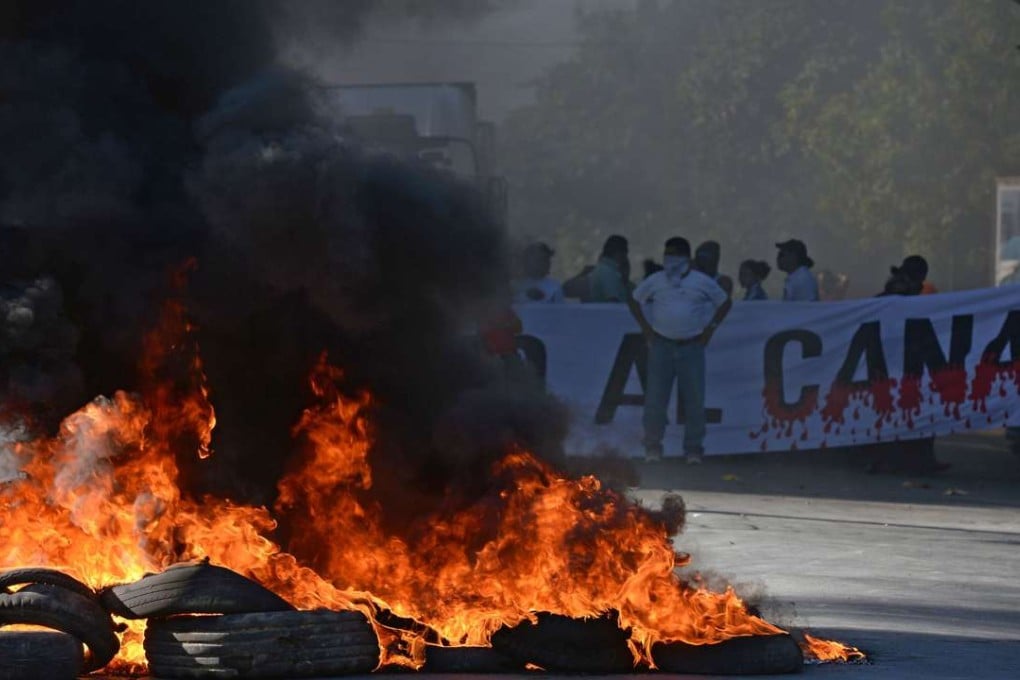Sink or swim: Hong Kong company defies the doomsayers on Nicaragua Canal project
Developer says the controversial project is economically healthy and viable, but concerns by ecologists, human rights activists and economists continue to grow

Imagine a canal designed for vessels the size of Hong Kong’s skyscrapers: 276km long, 230 to 520 metres wide and 26.9 to 30.2 metres deep. This canal will be three times longer and two times deeper than the Panama Canal, which started operating back in 1914. It will include two ports, an airport, two artificial lakes, two locks, several roads, a free trade zone and tourist resorts.
It’s a mammoth project that has already made dozens of headlines and sparked several protests even before crews have started digging the waterway itself.
We are talking about the Nicaragua Canal, an infrastructure that if it goes ahead could give China a major foothold in Central America, which has long been dominated by the United States.
Those living in Hong Kong probably know little about Nicaragua, located between the Pacific Ocean and the Caribbean Sea, but the two regions might become closer in the coming years – the company that has proposed building what is arguably the world’s biggest construction project is based in the city.
The Hong Kong Nicaragua Canal Development Investment Group was in 2013 awarded a 50-year concession – with the option to extend it for another 50 years – by the Nicaraguan government to build and operate the canal. It said that the project would be completed by 2019 at a cost of US$50 billion, but such a target is unlikely to be met as major construction works have not yet started.
